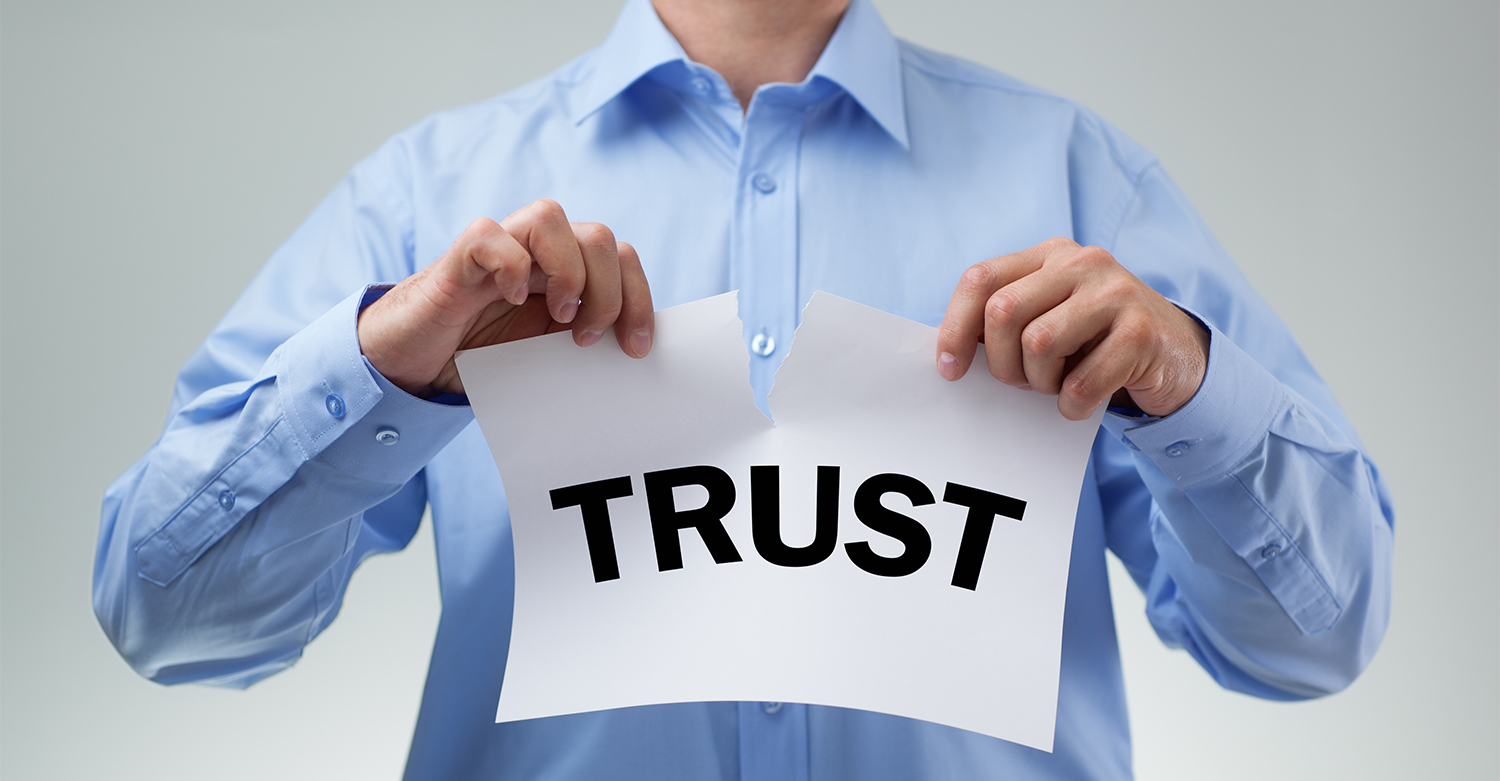Kerby Anderson
We are often told to “trust the experts.” And that is good advice when you are dealing with a true expert. I want a plumbing expert in my house if I have a water leak. I want a doctor with medical expertise doing surgery on me. I want a trained pilot flying the plane I am taking from one city to another.
No, I am talking about “experts” who don’t really know the real world but often have great power in the media and politics to control you. That was illustrated the other day in a tweet from David Brooks (New York Times). The day after the election he admitted that the media got their predictions all wrong. “Pretty massive failure. We still are not good at capturing the rightward half of the country.”
People in the media, along with professors in the university and politicians and bureaucrats in government, really don’t understand you. Yet, they have enormous power to influence your views and to control your lives.
It reminded me of the test Charles Murray put together years ago to measure “How thick is your bubble?” He found that people who live in a bubble isolated from our world can be found in New York City, Silicon Valley, Los Angeles, and the suburbs around Washington, D.C. These are the media “experts” who determine what you read, hear, and see in news media, social media, and entertainment. These are the powerful people in government who pass laws and write regulations that control your lives.
There are two lessons we should learn. First, don’t be like them. Sometimes it can be fairly easy for us as Christians to retreat inside our own bubble. Read articles and watch programs done by people who are not like you. But the second and most important lesson is don’t always trust the judgment of some of these “experts.” They may be very disconnected from your world and don’t see it the way you see it. Trust your own judgement.
 Listen Online
Listen Online Watch Online
Watch Online Find a Station in Your Area
Find a Station in Your Area










 Listen Now
Listen Now Watch Online
Watch Online
